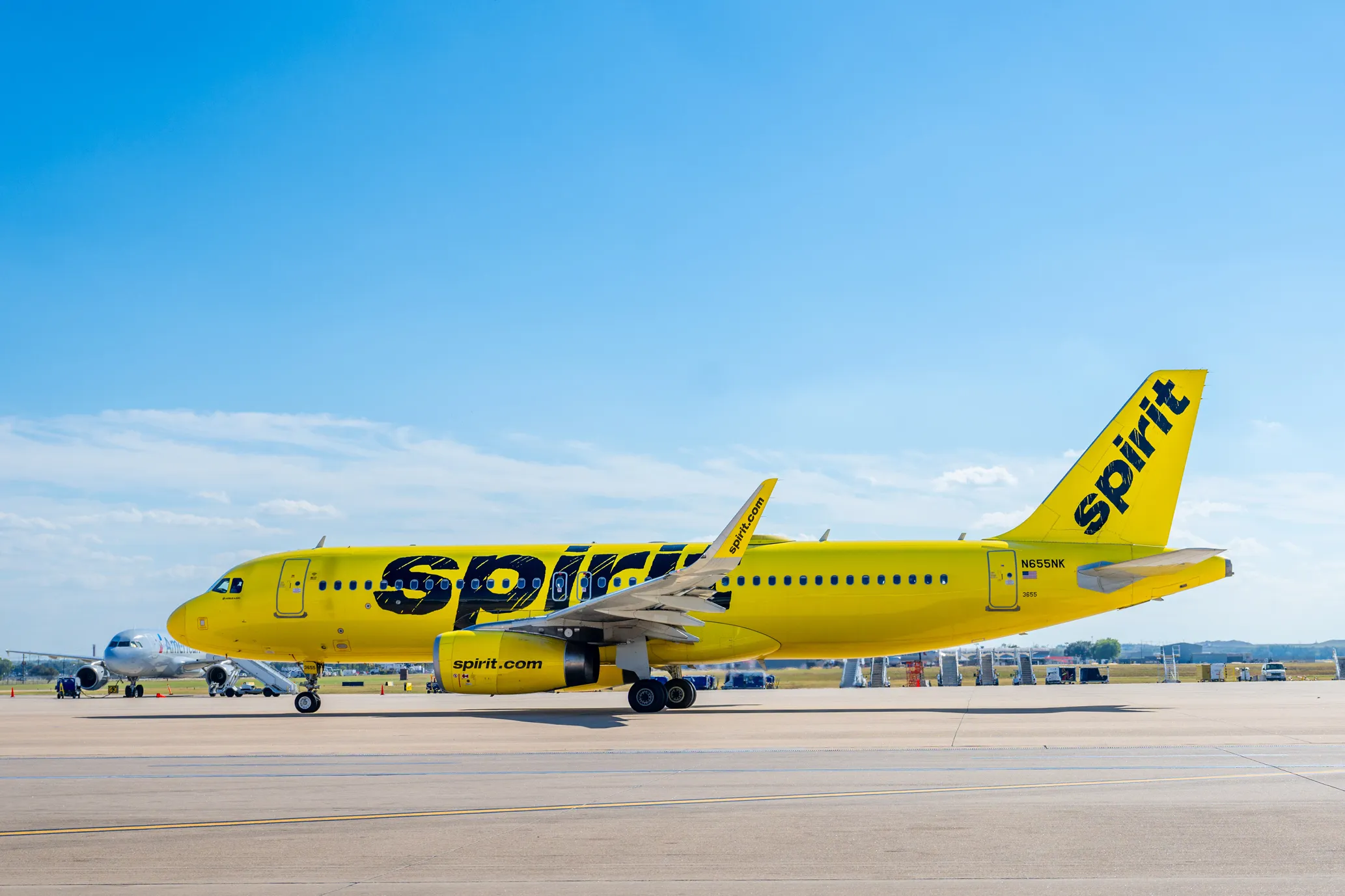Spirit Airlines, known as one of the lowest-cost carriers in the United States, announced Monday morning that it is filing for bankruptcy as it struggles to overcome challenges such as increased competition on leisure routes and higher labor costs.
Whether you have an upcoming Spirit flight, a balance of Spirit miles in your account, or own stock in the airline, you likely have questions about what it all means—not just for the airline, but for you.
Take a deep breath. Airline bankruptcies are actually relatively common and do not usually result in immediate flight cancellations. But customers and investors will likely continue to be affected by this bankruptcy process for several reasons.
Here’s what we know right now:
What does bankruptcy mean?
Companies like Spirit, under dire financial circumstances, decide to file for Chapter 11 bankruptcy protection to restructure debts and reorganize the business.
Unlike Chapter 7 bankruptcy, in which a company goes out of business and its assets are liquidated, Chapter 11 protection can allow a business to continue operating.
What will happen to Spirit Airlines now?
In a press release, Spirit said it hopes to continue flying during bankruptcy and strengthen its financial position through the process.
Spirit had about $3.6 billion in long-term debt, the airline said in a court filing Monday. The company said the restructuring steps should reduce its debt by $795 million, with creditors swapping debt for equity.
Spirit said it is raising $350 million through an equity rights investment, with bondholders providing $300 million in financing that will support the company through bankruptcy.
Are my Spirit flights cancelled?
In a statement, Spirit Airlines said it “expects to continue to conduct its business as usual throughout the pre-agreed and streamlined Chapter 11 process.” This means existing Spirit tickets are valid and customers can continue to book new tickets, the airline said.
Spirit also noted that “other airlines that are operating successfully today have undertaken a similar process.” However, other airlines have taken significant steps in the past to cut costs during the bankruptcy process, including reducing flight schedules and reducing the size of their fleet.
Spirit had already planned to cut its flight schedule by 20% this quarter compared with the previous year.
While short-term disruption to existing bookings may be unlikely, customers planning to fly with Spirit Airlines should monitor their itineraries for any unexpected changes.
What happens to my Free Spirit Points?
Spirit Airlines said customers will be able to use their credits and loyalty points “as usual.”
The airline’s frequent flyer program is called the Free Spirit loyalty program. Regular customers earn six points per dollar spent; these points can then be used to book flights.
In the past, when U.S. airlines filed for bankruptcy, frequent flyer miles were typically included. However, if the airline had to be liquidated, things might have turned out differently.
JetBlue agreed to acquire and merge with Spirit in 2022, but federal antitrust regulators stepped in and blocked the plan earlier this year. While there are no signs of merger plans at this time, it is notable that the new Trump administration is expected to be more merger-friendly.
What happens to Spirit shares after bankruptcy?
Trading in Spirit Airlines shares was halted Monday morning due to regulatory concerns, according to the New York Stock Exchange. The airline, which went public in 2011, said in a statement that it “expects to be delisted from the New York Stock Exchange in the near future.”
As of Monday, the company’s share price had fallen more than 93% this year. Its shares will be traded on the over-the-counter market and the shares will eventually be cancelled, Spirit said.
Has this ever happened before?
Yes, many U.S. airlines have filed for Chapter 11 bankruptcy protection in recent decades. A number of major airlines still in operation have filed for bankruptcy and emerged from the other side, including:
- American Airlines (filed 2011)
- Frontier Airlines (2008)
- Delta Air Lines (2005)
- United Airlines (2002)
JetBlue and Southwest Airlines are the only major US airlines that have not yet filed for bankruptcy.
In other cases, when airlines declared bankruptcy, they went out of business and sold all their assets. Examples include Pan American Airways, which filed for bankruptcy in 1991, and Trans World Airlines, which ceased operations in 2001.
More money:
14 Best Travel Credit Cards
Airlines Should Now Automatically Refund You in These 5 Situations
You can now renew your passport online (but it will still cost $130)
